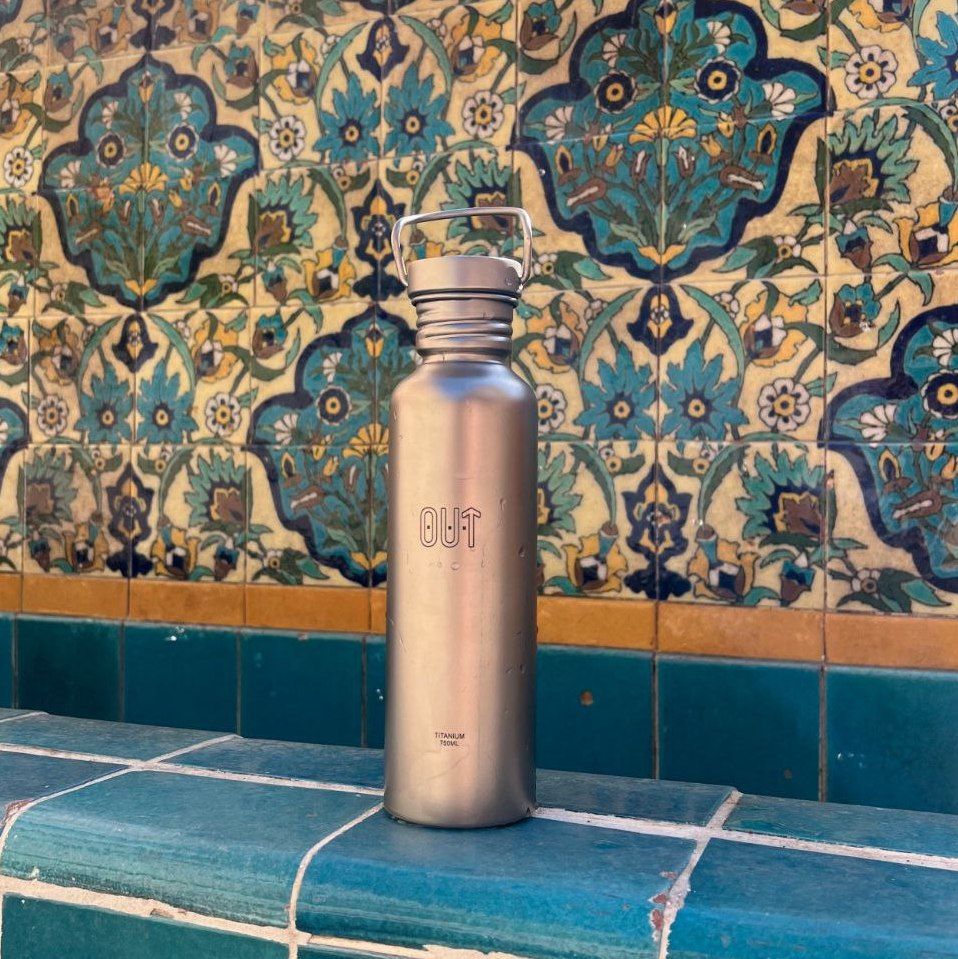Titanium is a metal with extraordinary qualities. It is as strong as steel that is still widespread in all spheres of our everyday life but is almost 2 times lighter. Even this fact sounds enough to see why it’s worth being the main metal of our future.
Corrosion resistance as one of the most valuable properties of titan
However, there are other properties the titan is valued for and corrosion resistance is one of them. Actually, corrosion resistance applications make up a third part of all titanium consumption. Resistance happens due to the presence of a thin oxide coating on the surface of the metal. Titanium is immune to corrosion in all naturally occurring environments. It does not corrode in air, even polluted or moist with ocean spray. That is what the majority of corrosion resistant alloys based on copper or stainless steel doesn’t have. Titanium shows corrosion resistance even in soil and deep salt mine environments, exactly where nuclear waste may be buried.
Titanium in seawater service
This property also means that titanium has excellent resistance to seawater and thus can be used in producing parts and equipment used in water. For example, titanium is a promising material to be used for marine propeller shafts due to its high strength and for tanker purger systems because low density has the added advantage in the prevailing marine atmosphere. The other way of using titanium, in view of its nonmagnetic properties, lies in using it in replace of steel for producing engineering components for naval ships and submarines. Something that the USSR actually did for its nuclear submarines thus increasing the underwater speed.
Talking about nuclear, titanium is considered to be a suitable candidate material for fabrication of containers to store radioactive wastes for a long period of time, up to 1000 years.

Titanium in aerospace industry
Titanium is lightweight, stable, heat-resistant and easy to work with, that is why it also finds many uses in aviation and aerospace applications. Purposes of titanium application on aerospace are weight saving, heat resistance, resistance to embrittlement at low temperature, high corrosion resistance and low-thermal expansion. Commercially pure titanium is used for airframes where formability is considered important; for engines where heat resistance and strength are considered important, titanium alloys are used.

Titanium and its alloys have a unique set of physical, mechanical, metallurgical and composite compatibility characteristics which helps the aerospace sector to meet economy, fuel efficiency and other global standards.
Powder metallurgy is another military application of titanium and is restricted to space and missile applications. The coating of powder metallurgy gives superior corrosion resistance paired with high strength and low density. Many of the vehicles constructed by NASA to travel into outer space have been manufactured from titanium.
Titanium in medicine
Due to its corrosion resistance in a chloride environment, titanium is used extensively in prosthetic devices such as heart valve components and load bearing hip joint replacements. Titanium is totally inert and biocompatible with human tissues which means that the human body does not reject it. Allergic reactions occasionally reported with previously used stainless steel implants are 10 times rarer with titanium devices.


Titanium is also widely used for implants, surgical devices and pacemaker cases, for producing eyeglasses and even lightweight wheelchairs. Titanium not only fosters Osseointegration (joins with bones & tissues), it is non-magnetic and non-radio opaque. Titanium instruments are used for micro-surgical operations and in military lightweight field trauma relief kits.
Titanium has been used in medical applications for about 70 years. It’s the most biocompatible of all metals and when used for prosthetic or joint-replacement devices it, in fact, allows human bone growth to adhere to the implants so they last longer. Pacemaker cases made from titanium resist attack from body fluids, are lightweight, flexible and non-magnetic. Artificial heart valves are also made of titanium.
Modern use of titanium
Traditionally reserved for industrial uses, titanium is also used in some modern ways. For example, it won popularity in the sports goods industry: it is the most recent development for sports rackets traditionally made of wood, steel, aluminum and graphite as well as for golf heads, clubs and bicycle frames. It also gains increasing popularity as a jewelry material. Gold and silver are traditionally melted while titanium rings need to be forged out of a solid block of metal.


As equipment life becomes a more critical factor in financial evaluations, titanium equipment is replacing existing stainless steel apparatus. Titanium can also eliminate the problems of metal contamination.
Unique properties of titanium make it worth calling a wonder-metal. Though still extremely expensive in production, titanium is definitely something that we cannot do without in our future if we want a sustainable and conscious consumption world. But it is always in our hands to make this future even closer. We can start with titanium reusable bottles, mugs, straws and utensils right now.

